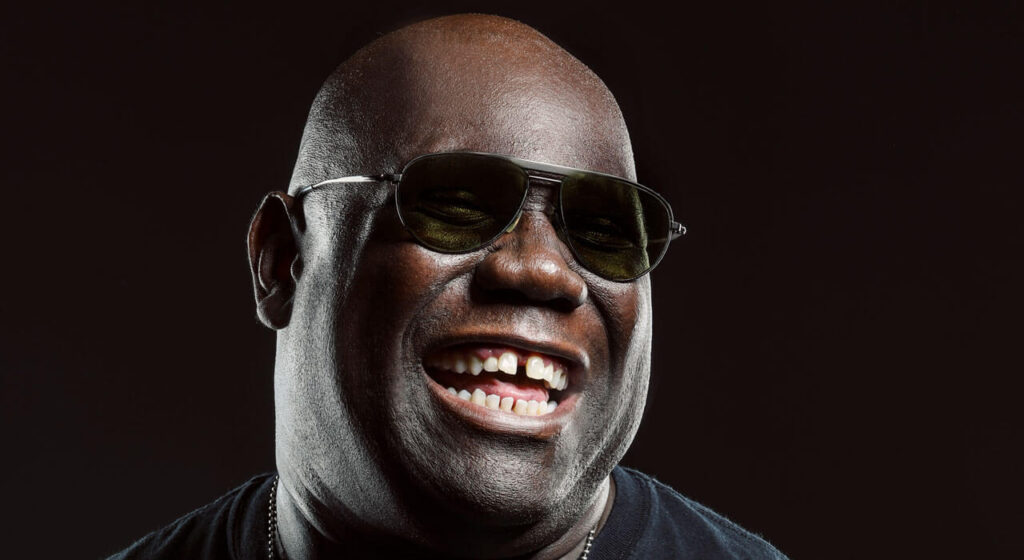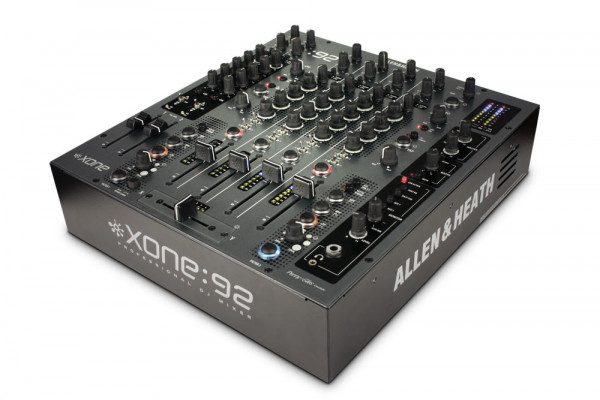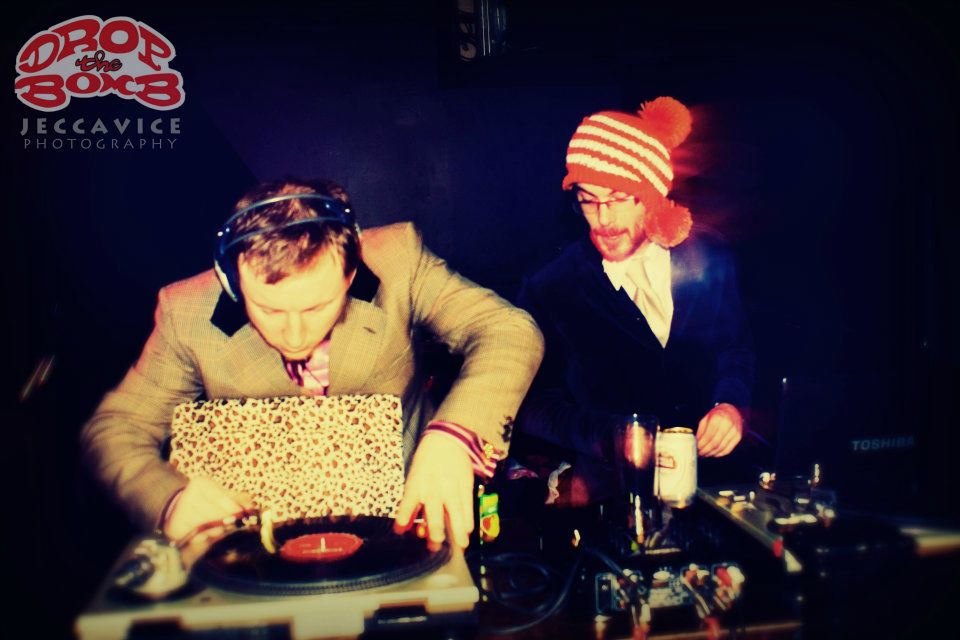7 STEPS TO BECOMING A PROFESSIONAL DJ
For many people, being a professional DJ is a dream job. The chance to unite people through music – that they have chosen – or recreate the brilliance of a night they themselves have experienced, are often driving factors.
The reality is often very different, however. Many DJs simply aren’t cut out for the barrage of tough obstacles that litter the road towards even mild stardom. You may be playing to people who are very drunk or otherwise intoxicated, who may not be as polite as they would be in normal day-to-day life. Criticism can be swift and merciless, but at the same time the feedback loop is immediate. If you’re playing an absolute clanger, you will soon be aware!
1. THINK ABOUT WHAT KIND OF DJ YOU WANT TO BE
It should really go without saying that you should be interested in music. Maybe obsessed. The publicly understood idea of a DJ is (I believe) someone who reflects confidence and showmanship – the life of the party. None of the DJs I have met particularly reflect this. They’re usually introspective music heads, often shy and self effacing, but with one thing in common: an absolute, complete and total love of music.
Some people want to be the best 70s Afrobeat and Latin Soul DJ. Some want to get the party started any which way they can. Leaning towards being a specialist or a generalist can hugely affect the number of gigs you’re likely to get and the kind of venues you might play.
And neither option (specialist or generalist) is particularly better, however what you specialise in will make a difference. For example, Bassline (aka UK Bass, Bass House or also Night Bass) is still hugely popular, with many new DJs clambering to be the next Jamie Duggan or Danny T. This creates a lot more competition in those areas compared to, say, a classic Trance or Hard House DJ.

Specialising in a particular genre brings with it the question of gigs too, which largely hinges around the popularity of that genre. Look around your city or local area. Is there a niche that is waiting to be filled? Is there a saturation of a particular genre?
Specialising in a less popular genre may entail playing less gigs, but to a more discerning fan base. You might end up playing within a niche genre to die hard fans – but less frequently.
At the end of the day you want to focus on the genre (or genres) that you enjoy playing, as you will want to immerse yourself in that genre as completely as possible. You can also add other specialisms later along your journey.
2. CHOOSE YOUR MEDIUM
Much of DJing has evolved in direct accordance with the availability and affordability of the associated technology. As we all know, ‘two turnables and a mic-ro-phone(!)’ was the de-rigueur of every hip-hop party north of 1975, and this setup still takes centre-stage within many parties.
The default equipment for many commercial clubs, however, is (usually Pioneer) CDJs coupled to a (often Allen & Heath) 4 channel mixer. Many clubs don’t have classic record turntables as the DJs playing there tend not to use them.
And then there’s the whole wide world of purely digital DJing (arguably the most versatile) – playing high bit rate (or not) .mp3 or .flac files using either a ‘control’ vinyl/CD or a dedicated controller.

Each medium has it’s own drawbacks and limitations, each is brilliant in it’s own way and each can be mastered and manipulated to achieve stellar results. I have found that having at least a working knowledge of each of these technologies improves overall confidence and versatility. I myself play from a Traktor S4 mk2 controller, however I always take an Audio 6 interface and pair of control CDs with me as a backup.
Once again, the crowd or genre may dictate your choice here. A more generalist DJ may opt for a medium which allows for a wide range of music to be transported easily (mp3/controller), however a DJ specialising in eg. Northern Soul or hip-hop turntablism may favour a pair of Technics decks.
3. PRACTICE
Becoming acquainted with and comfortable using your chosen equipment is paramount. The more natural and fluent you are with whichever option(s) you have chosen to play from, the better. It will show in how easily you transition between songs and how well you cope with adversity.
At some point (or many points) in your DJ career, an item of equipment will fail, especially if it is made by Behringer*. Mistakes will happen. The sound will suddenly stop playing without warning, and you will have to deal with it.
The more acquainted you are with your equipment, the more prepared you will be to sort the problem out. Chances are you may come across that problem at home – playing to no one – and that’s the best time to be rearranging wires or hitting random buttons to try and reconcile the problem.
A close relationship with your equipment will pay dividends for your live performance too. Before long you will be relying on muscle memory rather than stressing every decision.
Much of the enjoyment of a high end DJ is (as well as great song choice) their mastery of the equipment. Observe how a great DJ can build tension, release it, keep the crowd captivated and ultimately become one with the party.
No one is born with an innate ability to do this – so keep practising.
4. GETTING YOUR FIRST GIG
Local venues are the proving grounds for most DJs, although the rise of the internet has provided another space for DJs to connect with an audience, and ultimately be discovered.
Approach your local venue (pubs, bars or even some shops have in house DJs) and ask them. Give them a business card and a mix CD or get them to head over to your SoundCloud. You may need to play a few gigs for free or very little in order to get you foot in the door, but it is all vital, formative experience.
There is no substitute for playing live in terms of refining your set and understanding what works. The crowd is right in front of you and what you’re playing is either working or it isn’t.
The best, most meticulously planned out set might completely fall to pieces in the context of an actual dancefloor, and training this feedback loop is absolutely vital. This is DJing. This is literally it.
As time goes on you will be able to pick up on behaviour and cues from a crowd as to what will make them jump. Hone this skill as much as you can – this ability is what will get you results, get you noticed, and will ultimately lead to further gigs.
5. START YOUR OWN NIGHT
If you’re struggling to go it alone, there is a lot to be gained by teaming up with others. Creating your own unique night can allow you to create your own (semi) captive audience and attract discerning punters looking for a night that centres around a music specialism (see above). This way you can more easily carve a niche as a specialist, giving you capacity to find those tunes and certain flows which work well within a given genre.
It also represents an attractive proposition to venues who may only be hiring DJs based on their ability to fill their venue and ultimately sell drinks. A promoter or a team (spoiler alert – this is you) will take charge of (you guessed it) promotion – be it through posters, online groups or word-of-mouth. A vast array of tricks, delivery methods and PR stunts are at your disposal in the mission of creating hype and buzz for your upcoming night.
Give your night it’s own ‘feel’ or aesthetic and try and stick to it. People love familiarity, especially if there is a consistent crowd or following which comes with it.

As well as learning the ropes of promotion and advertising, it ingratiates you into the world of venues and clubs – discovering the secret inner workings of each venue, their ethos how the DJ fits into that world. Each venue is completely different, in response to factors such as their location, footfall and their core crowd, and often they will be innately aware of which nights will work (or won’t) for their own venue.
Working with other DJs is also an excellent way to boost your own skills. As your night grows in size, consider reaching out to other DJs who’s work you admire and watch how they tackle the dancefloor. Keep learning, keep practicing and keep adding new tunes and flows to your set. To rest upon your laurels is to stagnate.
6. EMBRACE THE EMPTY DANCEFLOOR
It happens to everyone at some point. Every single top name DJ will have experienced it at some point. From Carl Cox to Gilles Peterson to John Peel, they will all have experienced the tumbleweed at some point.
Don’t take it personally. Consider the other factors at play. Is it early in the night? What time of year is it? Is everyone in the smoking area? It might be time to pull a couple of ’emergency bangers’ out in order to tempt people back into the mix.
7. GET OVER YOURSELF
This is a personal one.
Especially if you have a particular style or flow that you’re used to, there may come a time when you need to step outside your comfort zone in order to reach the next level.
This can come in a variety of forms. It could be playing a song you once said to yourself that you’ll never play, trying a new genre that you don’t know much about, or overcoming a mental hurdle that you may have put there yourself.
As many a wise guru has ultimately paraphrased: the key to greatness is through transcendence of yourself. Music is a language, a force unto itself, and becoming adept in speaking and understanding its various nuances is the key to mastery.
Challenge yourself. Omit all of your ‘safe’ options, all of your fallback songs. Find a new path. Improvise. Adapt. Overcome.
Go forth and play music to people in the real world. Somebody has to do it!
*Okay so once we were playing a massive gig on a Mayday bank holiday and our Behringer 4 channel mixer (which had always been temperamental) failed completely. There wasn’t another one in the building and we had to cancel the gig there and then.
Moral of the story is keep your gear maintained and if it’s a timebomb then get another one. I’ve heard Behringer make some great equipment (also please don’t sue me).
